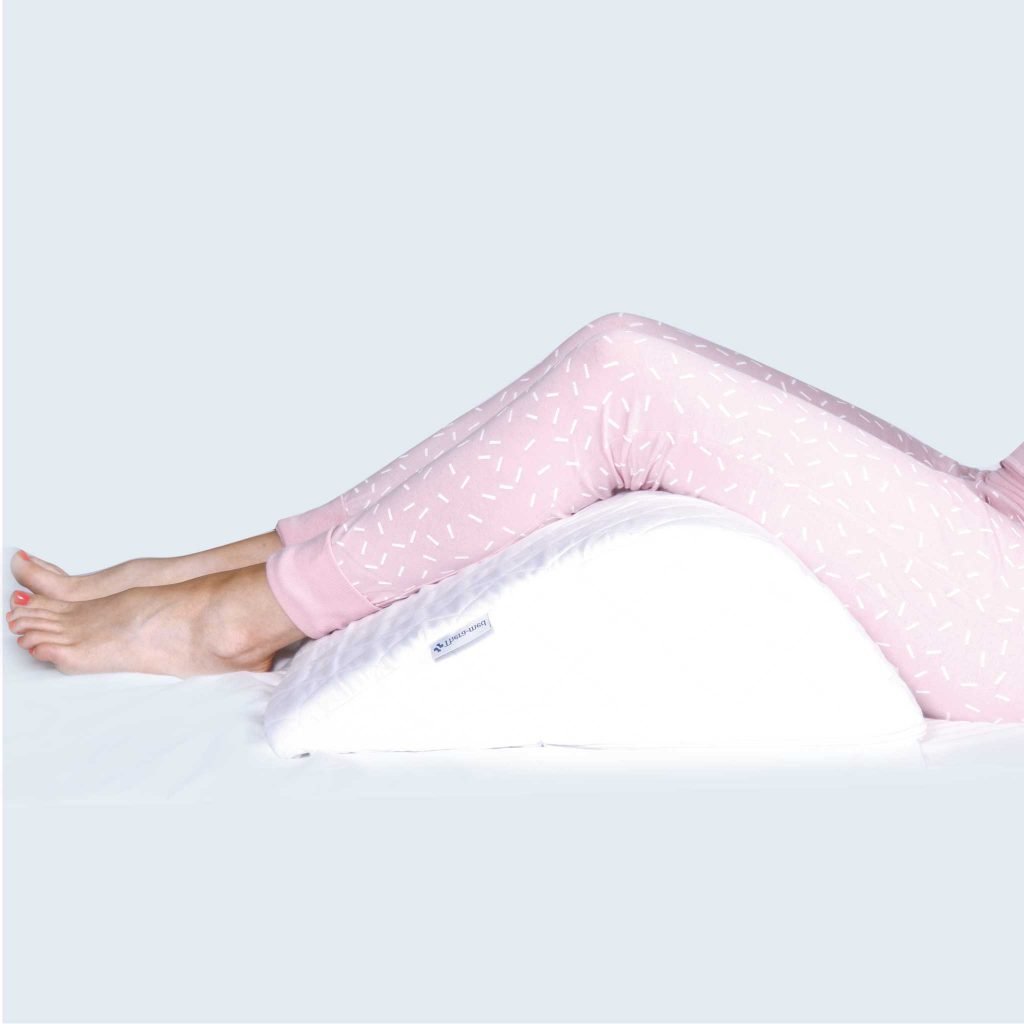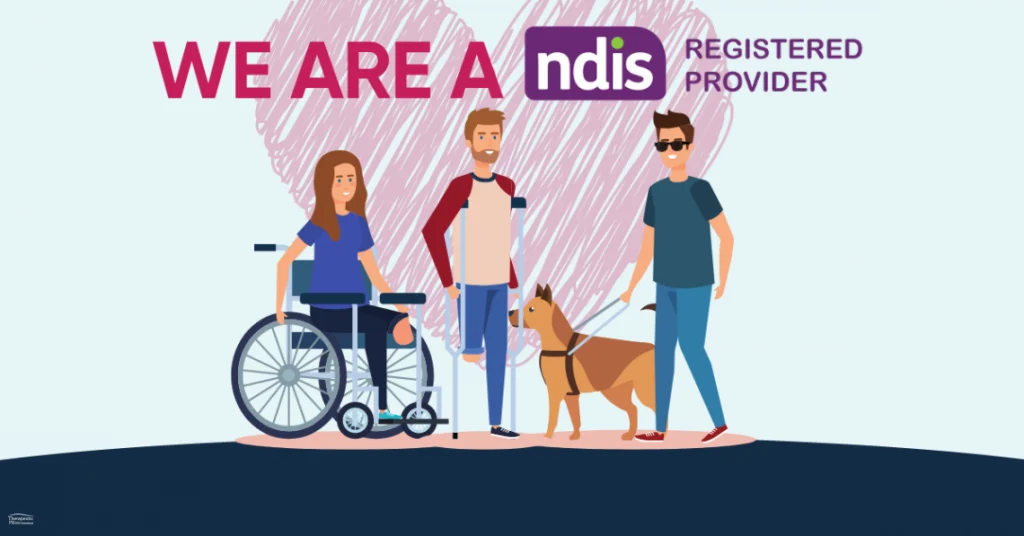Are you familiar with the discomfort of an irresistible urge to move your legs, often causing sleep disruption and significant distress?
If so, you may be one of many individuals dealing with Restless Legs Syndrome (RLS), a prevalent yet frequently misunderstood neurological disorder. At pillows.com.au, we recognize the profound impact RLS can have on your overall well-being and sleep quality. That's why we're committed to providing solutions that bring relief.
Our Leg Relaxer Support has been thoughtfully engineered to provide alleviation from the distressing symptoms of RLS and other conditions related to sub-optimal circulation, by promoting better blood flow and relieving pressure on pivotal areas.
Delving Deeper into Restless Legs Syndrome
Characterized by uncomfortable sensations in the legs coupled with an overwhelming urge to move them, RLS can significantly compromise your sleep quality and day-to-day activities. These symptoms often become more intense during the evening or nighttime when you're sitting or lying down, leading to challenges in achieving sound, restful sleep.
Though the root cause of RLS is still somewhat of a medical enigma, it's frequently associated with poor blood circulation. This insight makes leg elevation an attractive and potentially effective strategy for symptom relief.
Why does the Position You Sleep in Matter to ease sleeping disorders?
Your sleeping or resting position plays a crucial role in both blood circulation and the intensity of RLS symptoms. For instance, lying flat can actually worsen poor circulation and intensify RLS symptoms, as this position may lead to blood accumulation in your legs and feet. This pooling of blood might also increase pressure on various parts of your body, contributing to discomfort and restlessness.

A Leg Support Cushion can help you minimise the symptoms
Our Leg Relaxer Support offers a suite of benefits that not only mitigate RLS symptoms but also manage other conditions such as varicose veins, deep vein thrombosis, swelling and oedema, and compromised circulation.
The Leg Relaxer Support provides a gentle elevation to your legs, relieving pressure on the lower back and enhancing blood circulation to your legs. This product is designed to maintain the ideal pelvic tilt position, reducing spinal stress and distributing weight evenly to alleviate lower back strain and pressure on sciatic nerves.
For those grappling with the discomfort of varicose veins, it offers much-needed relief for aching, cramping legs and feet. It's a particularly beneficial aid for individuals experiencing leg fatigue during pregnancy or recovery from a medical procedure.
Aiding Comfort in Bed to help you fall asleep
Specially designed for use in bed, our contoured Leg Relaxer aligns with the natural curves of your body and legs, enveloping you in comfort. In this position, there is improved blood flow to the legs, which helps to decrease pressure on the heart and lower back.
Quality You Can Rely On
The Leg Relaxer Support is available with two distinct cover options for your convenience - a removable quilted poly/cotton cover that's soft, comfortable, and easy to hand-wash, and a removable Steri-Plus cover known for its water resistance and durability.
RLS can significantly impede a peaceful night's sleep and overall comfort. However, with our Leg Relaxer Support, you can effectively manage your symptoms and improve your quality of life. Don't resign yourself to restless nights and uneasy days. Visit Therapeutic Pillows to explore our diverse range of supportive products and witness the transformation the right support can bring. With the Leg Relaxer Support, you're not just saying goodbye to restless nights, but welcoming comfort and relief.
Ready to embark on your journey towards relief? Experience the benefits of the Leg Relaxer
Do you want to learn more? Read our Frequently Asked Questions for...
Restless Legs Syndrome (RLS), also known as Willis-Ekbom Disease, is a neurological disorder that causes an irresistible urge to move the legs. People with RLS often experience uncomfortable sensations in their legs, such as tingling, itching, or aching, which are relieved temporarily by movement. These sensations typically worsen during periods of rest or inactivity, particularly in the evening or at night, leading to difficulty falling asleep or staying asleep.
RLS can significantly impact a person's quality of life, as the constant urge to move their legs can disrupt sleep patterns and cause daytime fatigue. While the exact cause of RLS is unknown, it is believed to be related to an imbalance of dopamine, a chemical messenger in the brain. Certain factors, such as genetics, pregnancy, iron deficiency, and certain medications, can increase the risk of developing RLS.
If you or someone you know experiences symptoms of Restless Legs Syndrome, it is important to consult a healthcare professional for an accurate diagnosis and appropriate treatment options. Treatment may involve lifestyle changes, such as regular exercise and avoiding triggers like caffeine or alcohol, as well as medications to manage symptoms and improve sleep. By working closely with a healthcare provider, individuals with RLS can find relief and improve their overall well-being.
 0
0 0
0Restless Legs Syndrome (RLS) is a condition characterized by an irresistible urge to move the legs, often accompanied by uncomfortable sensations. While there is no specific vitamin that can cure RLS, certain vitamins and minerals may help alleviate its symptoms.
One important nutrient that may provide relief for RLS is iron. Iron deficiency has been linked to RLS, so ensuring adequate iron levels in the body can be beneficial. Including iron-rich foods in your diet, such as lean meats, beans, spinach, and fortified cereals, can help meet your iron needs. However, it is important to consult with a healthcare professional before starting any iron supplements, as excessive iron levels can be harmful.
In addition to iron, certain vitamins and minerals like folate, magnesium, and vitamin D may also play a role in managing RLS symptoms. Folate can be found in foods like leafy greens, citrus fruits, and legumes, while magnesium-rich foods include nuts, seeds, and whole grains. Vitamin D can be obtained through sunlight exposure or by consuming foods like fatty fish, fortified dairy products, and egg yolks. While these nutrients may not directly treat RLS, maintaining a balanced diet that includes these vitamins and minerals can support overall health and potentially alleviate symptoms. Remember to consult with a healthcare professional for personalized advice and guidance.
 0
0 0
0








